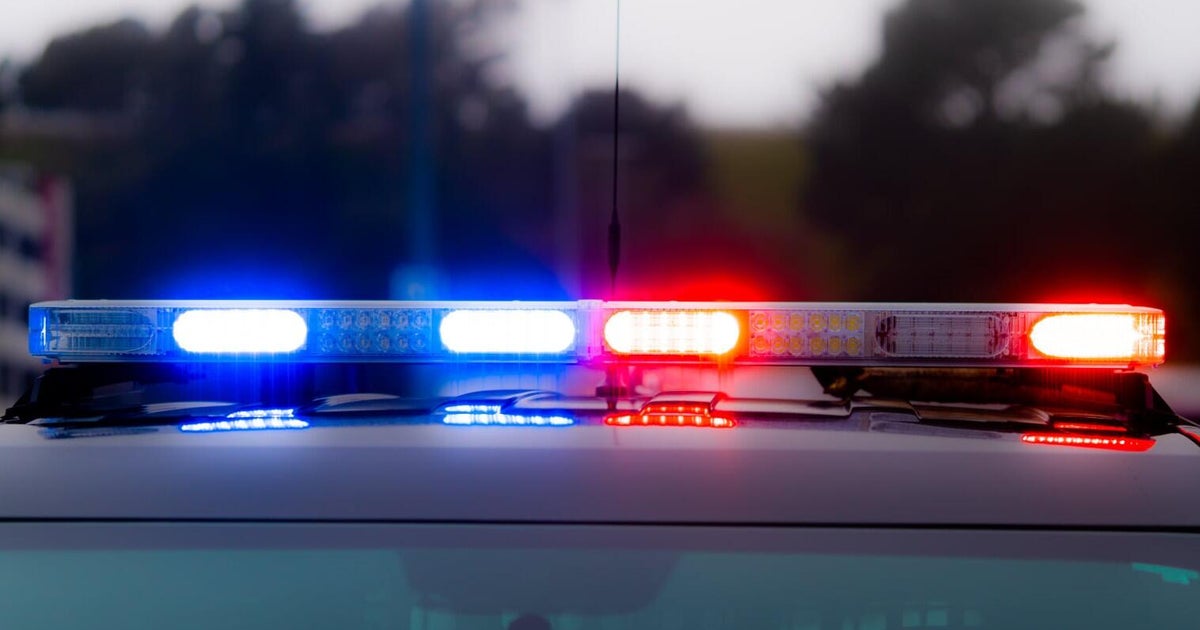University of Michigan didn't suitably gauge if Israel-Hamas war protests made campus hostile, US says
The University of Michigan did not adequately investigate if campus protests in response to the Israel-Hamas war and other incidents created a hostile environment for students, faculty and staff, according to the results of investigations by the U.S. Education Department announced Monday.
The agreements are the first investigations to reach a conclusion among dozens launched by the Education Department since Oct. 7, the day Hamas launched a surprise attack on Israel. The agency also found similar issues with how the City University of New York handled protests on their grounds.
The department's Office of Civil Rights investigated 75 instances of alleged discrimination and harassment at the University of Michigan based on shared Jewish ancestry and shared Palestinian or Muslim ancestry. The investigation found that the university's responses did not meet its Title VI requirements to remedy the hostile environment.
In one instance, when a Jewish student reported being called out for viewing a graduate student instructor's social media post about pro-Palestinian topics, the university told the student that "formal conflict resolution is not a path forward at this time," because the incident occurred on social media.
In another instance, when a student who participated in a pro-Palestinian protest was called a "terrorist," the university said it held "restorative circles" to address the incident but did not take further action.
In its resolution agreement, the University of Michigan agreed to administer a climate assessment, implement additional training and revise its policies as necessary. It also agreed to monitoring by the Office of Civil Rights through the end of the 2026 school year, reporting its responses to future incidents of discrimination to the department.
A number of other incidents were reported on and around campus late in the school year. In mid-May, university officials said the student groups who had organized an encampment on campus took responsibility for protesting at Board of Regents members' homes, leaving fake body bags painted with what appeared to be fake blood.
At one of the university's graduation ceremonies, dozens of pro-Palestinian protesters briefly interrupted the proceedings. The protesters were wearing kaffiyeh and graduation caps, and unfurled Palestinian flags and posters as they walked through the aisles. They marched toward the stage chanting: "Regents, regents, you can't hide! You are funding genocide!" A plane was also spotted flying over the ceremony with a banner that said: "Divest from Israel now! Free Palestine."
Neither the University of Michigan nor CUNY immediately responded to requests for comment on the investigations' results on Monday.
Protests rocked many campuses in final weeks of the school year
Complaints of antisemitism and Islamophobia have led to inquiries at more than 100 universities and school districts, including Harvard and Yale, community colleges and public schools from Los Angeles to suburban Minneapolis.
The complaints vary widely but all accuse schools of violating Title VI of the Civil Rights Act of 1964, which prohibits discrimination based on race, color or national origin. Colleges and schools are required to protect students from discrimination, and when they don't, the Education Department can invoke penalties up to termination of federal money.
Protests over the Israel-Hamas war upended the final weeks of the school year at many campuses across the country, with some cancelling graduation ceremonies or moving classes online after Pro-Palestinian protesters set up encampments in campus spaces.
The protests have tested schools as they aim to balance free speech rights and the safety of students. The Education Department has issued guidance detailing schools' responsibilities around Title VI, but the results of the agency's investigations could provide a clearer line showing where political speech crosses into harassment.
Finding that boundary has been a struggle for colleges as they grapple with rhetoric that has different meaning to different people. Some chants commonly used by pro-Palestinian activists are seen by some as antisemitic, including "from the river to the sea, Palestine will be free" and "intifada revolution."
Meanwhile, some complaints say Arab and Muslim students have faced abuses only to be ignored by campus officials. At Harvard, the Education Department is investigating separate complaints, one over alleged antisemitism and the other over alleged Islamophobia.
"Hate has no place on our college campuses — ever," Education Secretary Miguel Cardona said in a statement. "Sadly, we have witnessed a series of deeply concerning incidents in recent months. There's no question that this is a challenging moment for school communities across the country."
More investigations are expected to be resolved in the coming weeks, but Cardona said his agency is struggling to keep up with the influx of cases.
Republicans have rejected requests to increase money for the Office for Civil Rights in recent years, while the average case load increased to 42 per investigator in 2023. Without more money, that figure could increase to more than 70 cases per investigator, Cardona has said.
"We are desperately in need of additional support to make sure we can investigate the cases that we have in front of us," Cardona told members of the House in May.
On average, cases take about six to eight months to resolve. The vast majority of the agency's civil rights investigations end with voluntary resolutions. Schools usually promise to resolve any lingering problems and take steps to protect students in the future.
While the Education Department investigates, several colleges and school districts have separately been called before Congress to answer allegations of antisemitism. Republicans have held a series of hearings on the issue, grilling leaders accused of tolerating antisemitism.
The hearings contributed to the resignations of some college leaders, including Liz Magill at the University of Pennsylvania and Harvard's Claudine Gay, who was also embroiled in accusations of plagiarism.






